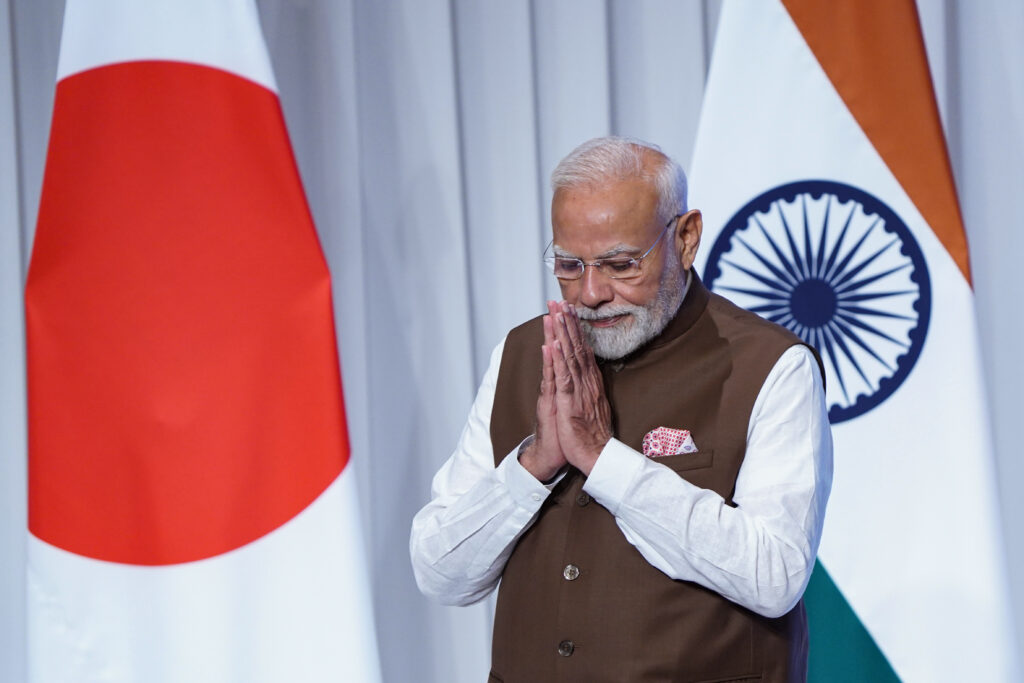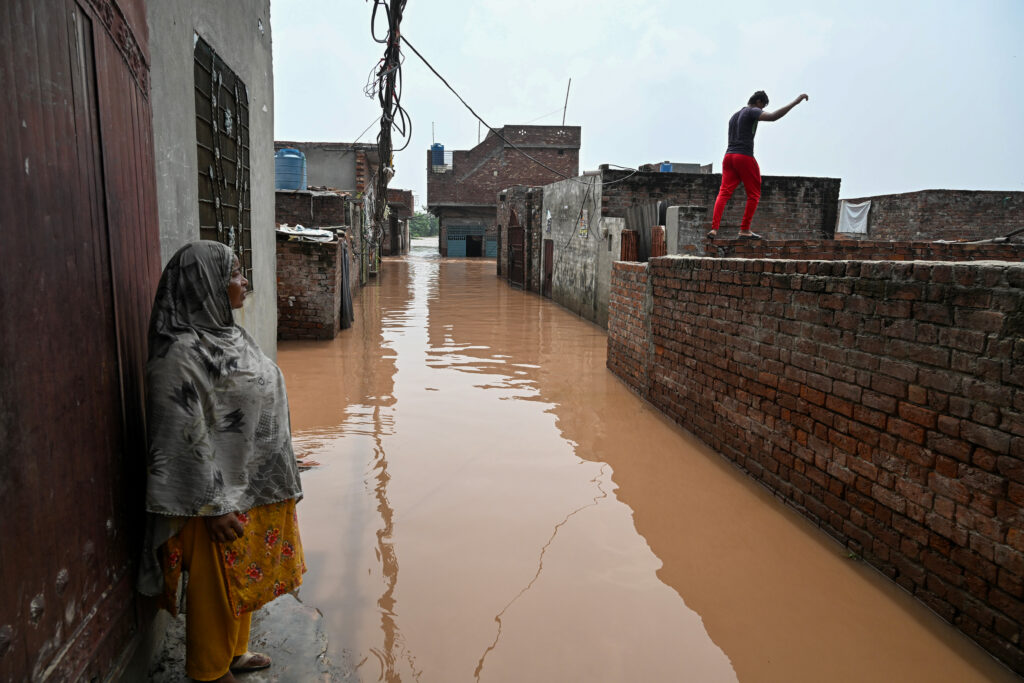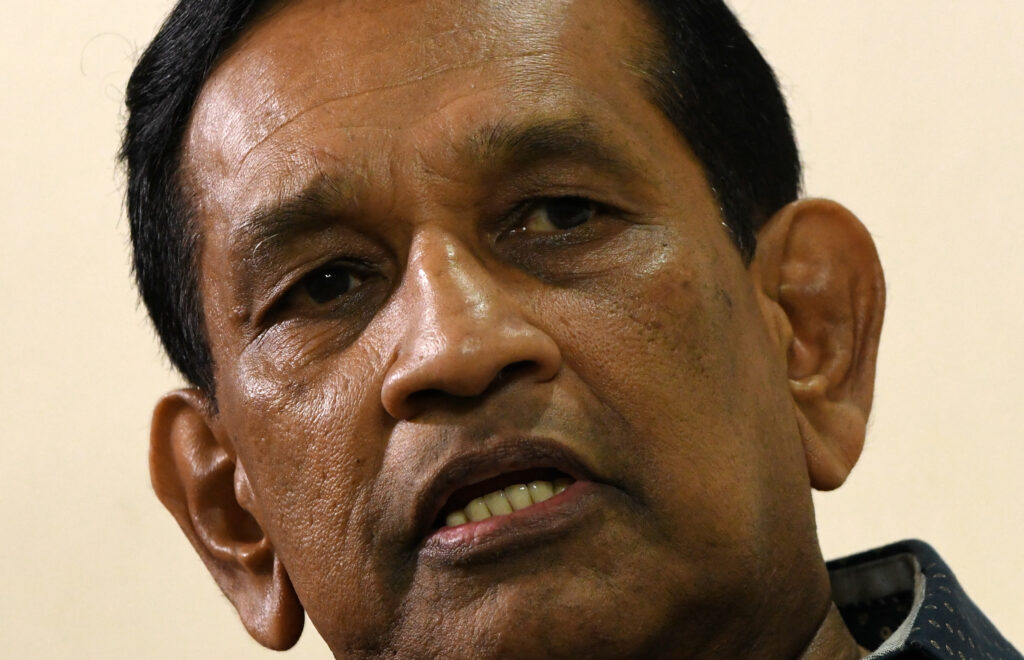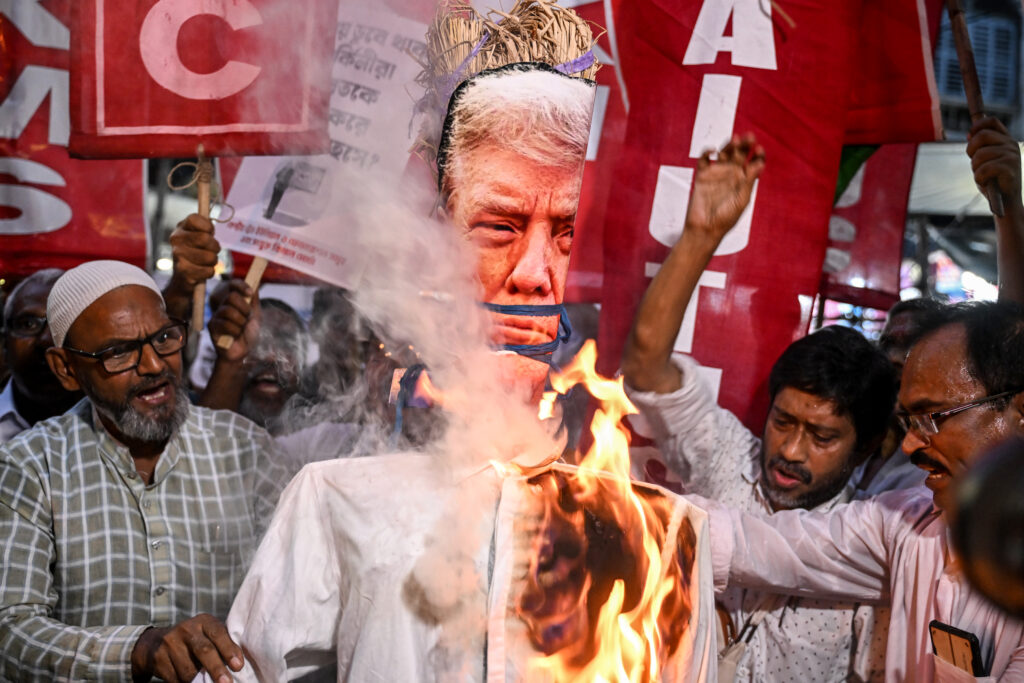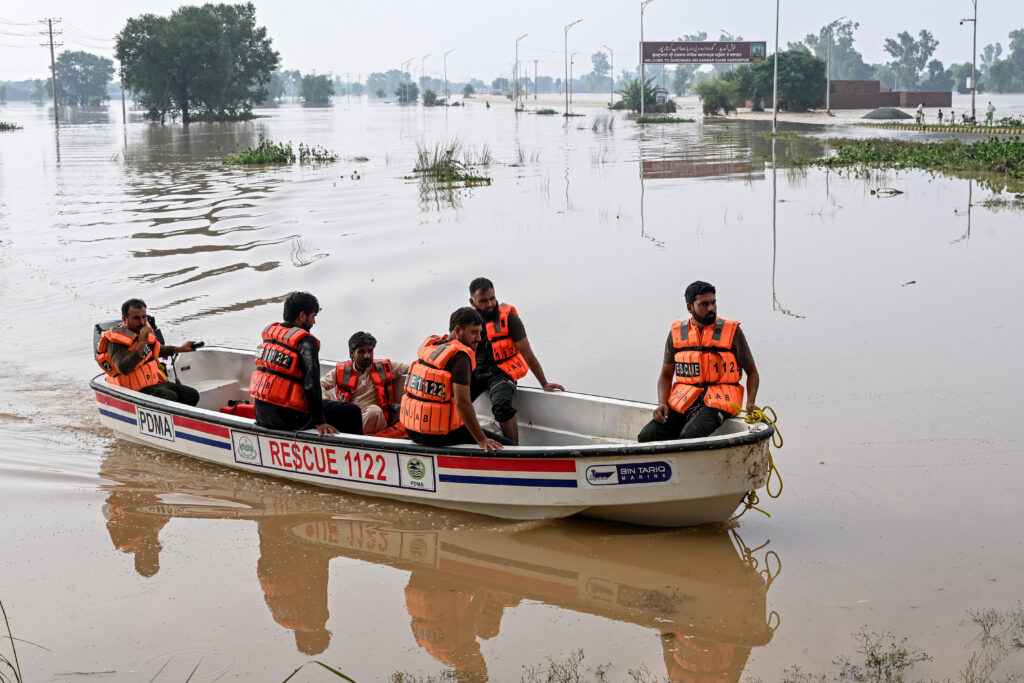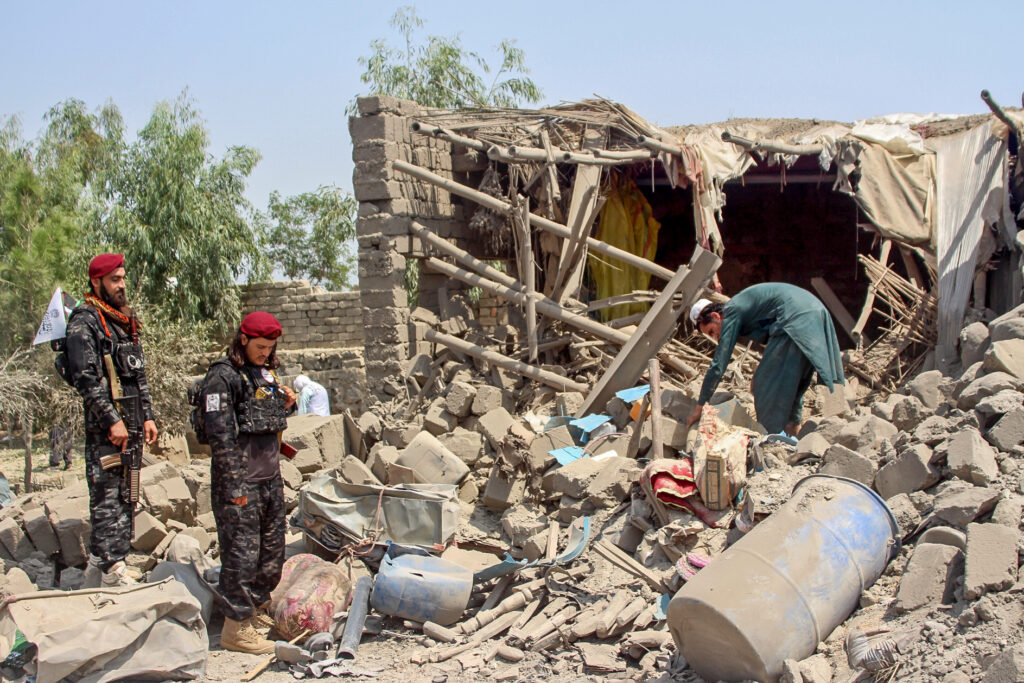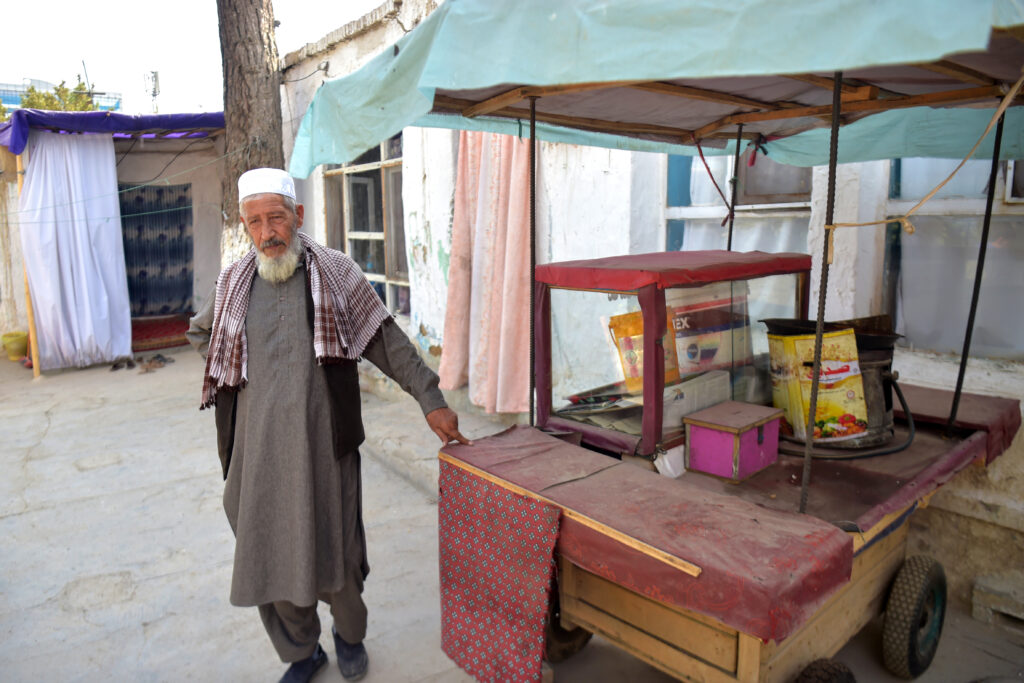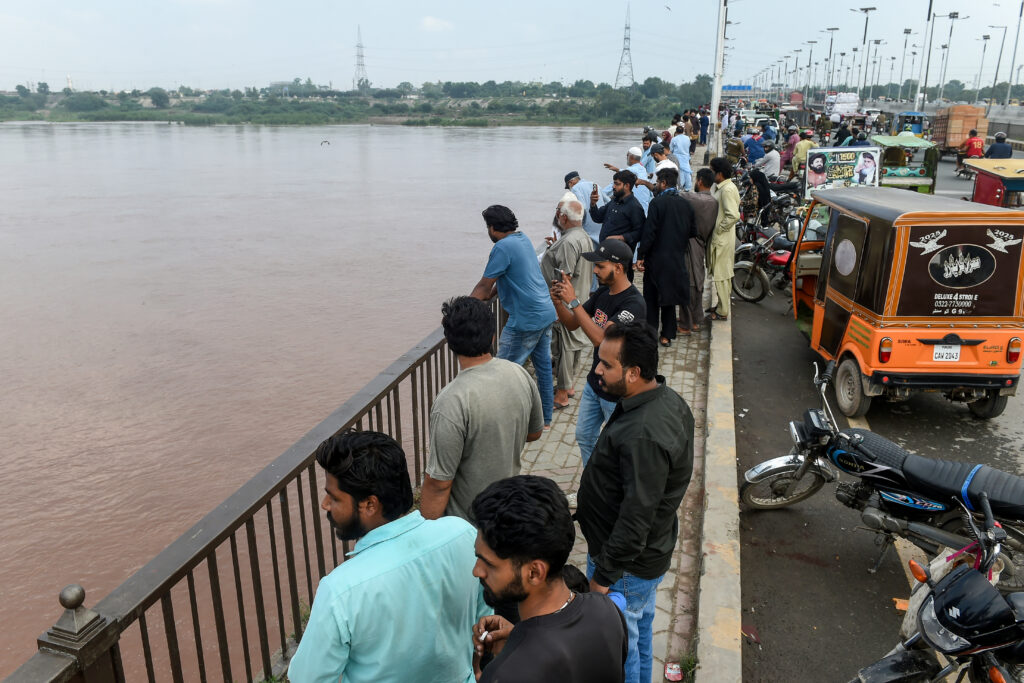Japan pledges $68 billion investment in India
Japan pledged Friday to invest $68 billion in India during a visit by Prime Minister Narendra Modi to Tokyo, as the two countries agreed to deepen security ties.”India’s massive market is so full of potential that incorporating its vibrancy will help drive the growth of Japan’s economy,” Japanese Prime Minister Shigeru Ishiba told reporters.Bilateral trade is currently worth over $20 billion annually, heavily favouring Japan.Speaking during Modi’s two-day stopover before he visits China, Ishiba said Japan would boost investment in India to 10 trillion yen ($68 billion) and would establish a cooperation initiative focusing on semiconductors and AI.The two sides also pledged to bolster security cooperation, with Kyodo news agency reporting that the two had agreed to expand drills between Japan’s Self-Defense Forces and the Indian Armed Forces.The nations also expressed “serious concern” over the situation in the East China Sea and the South China Sea, in a separate joint statement, according to Kyodo.”As the international situation grows more and more uncertain, Japan and India must join hands for the sake of peace and stability of the region,” Ishiba told reporters.Modi said that “India and Japan are fully committed to a free, open, peaceful, prosperous and rules-based Indo-Pacific”.Earlier Modi told a business forum in Tokyo that India and Japan will “shape the Asian Century”, with India “the springboard for Japanese businesses to the Global South”.Both countries have been hit by tariffs imposed by US President Donald Trump, with levies of 50 percent on many Indian imports into the United States taking effect this week.Japan’s vital auto sector still faces 25 percent tariffs as a July trade deal cutting them — as well as additional “reciprocal” levies — is yet to come into force. Modi and Ishiba are set to tour a chip facility on Saturday.They will also visit a factory making “shinkansen” bullet trains, with a view to Japan assisting in a planned 7,000-kilometre (4,350-mile) high-speed rail network by the centenary of Indian independence in 2047.A joint project aimed at building a first high-speed link between the western Indian cities of Mumbai and Ahmedabad has been plagued for years with delays and cost overruns.Modi is due at a Shanghai Cooperation Organisation summit in China on Sunday and Monday, hosted by President Xi Jinping and also attended by Russian leader Vladimir Putin.The visit will be Modi’s first to China since 2018.The two most populous nations are intense rivals competing for influence across South Asia and fought a deadly border clash in 2020.But relations began to thaw last October when Modi met with Xi for the first time in five years at a summit in Russia.burs-aph/dhw
